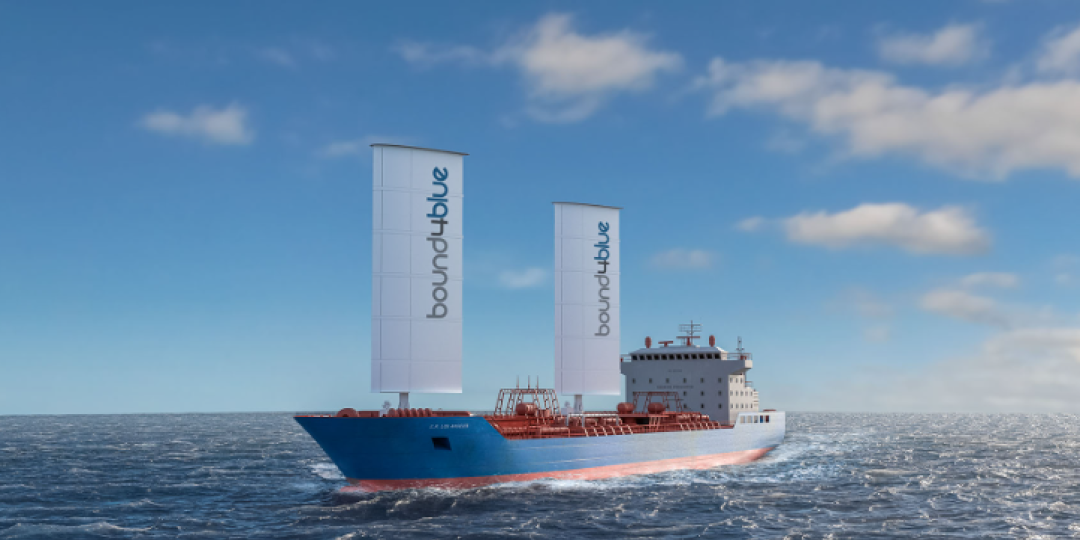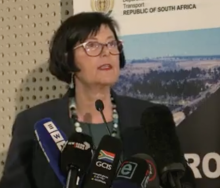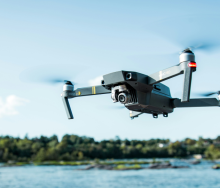Wind-assisted vessel propulsion has received a huge boost with a host of new investors joining present shareholders to develop green-energy options for the maritime industry.
This financing follows a €4.1 million grant from the Innovation Fund Program, awarded by CINEA (European Climate, Infrastructure, and Environment Executive Agency) in 2022, and an additional grant of €2.4 million previously awarded in 2021 by the European Innovation Council’s (EIC) Accelerator Program.
Together, it brings the total financing to date to €22.4 million.
The council has announced that it has mandated the EIC Fund to recognise and support high-impact innovations in the European Union.
In supporting wind propulsion specialists, bound4blue, the EIC Fund has made a strategic decision to contribute to the European shipping decarbonisation initiative.
Wind-assisted propulsion systems (WAPS) will help ship owners and operators reduce their fuel consumption, making shipping more sustainable and economically efficient.
The technologies are also aimed at helping the maritime transport industry adapt to new international regulations.
The WAPS system is suitable for a wide range of vessels, including liquid natural gas carriers, bulkers, tankers, roll-on roll-off vessels, box ships, ferries and cruise liners.
Interestingly, the technology is based on the suction sail concept designed by commandant Jacques Cousteau in the 1980s.
The announced funding is for €15.9 million, with the EIC Fund, Shift4Good, Louis Dreyfus, the Sustainable Ocean Alliance, Sun Returns Kai Capital and Ocean Born Foundation all pitching in.
José Miguel Bermúdez, chief executive officer of bound4blue, says: “We’re delighted to welcome the new investors on board
“Their wealth of knowledge and expertise in shipping and financing represents a momentous step that will steer our company towards even greater development and global expansion.
“With their support, we’ll continue in our mission to drive the decarbonisation of the shipping sector, making wind propulsion a standard on ships.”













